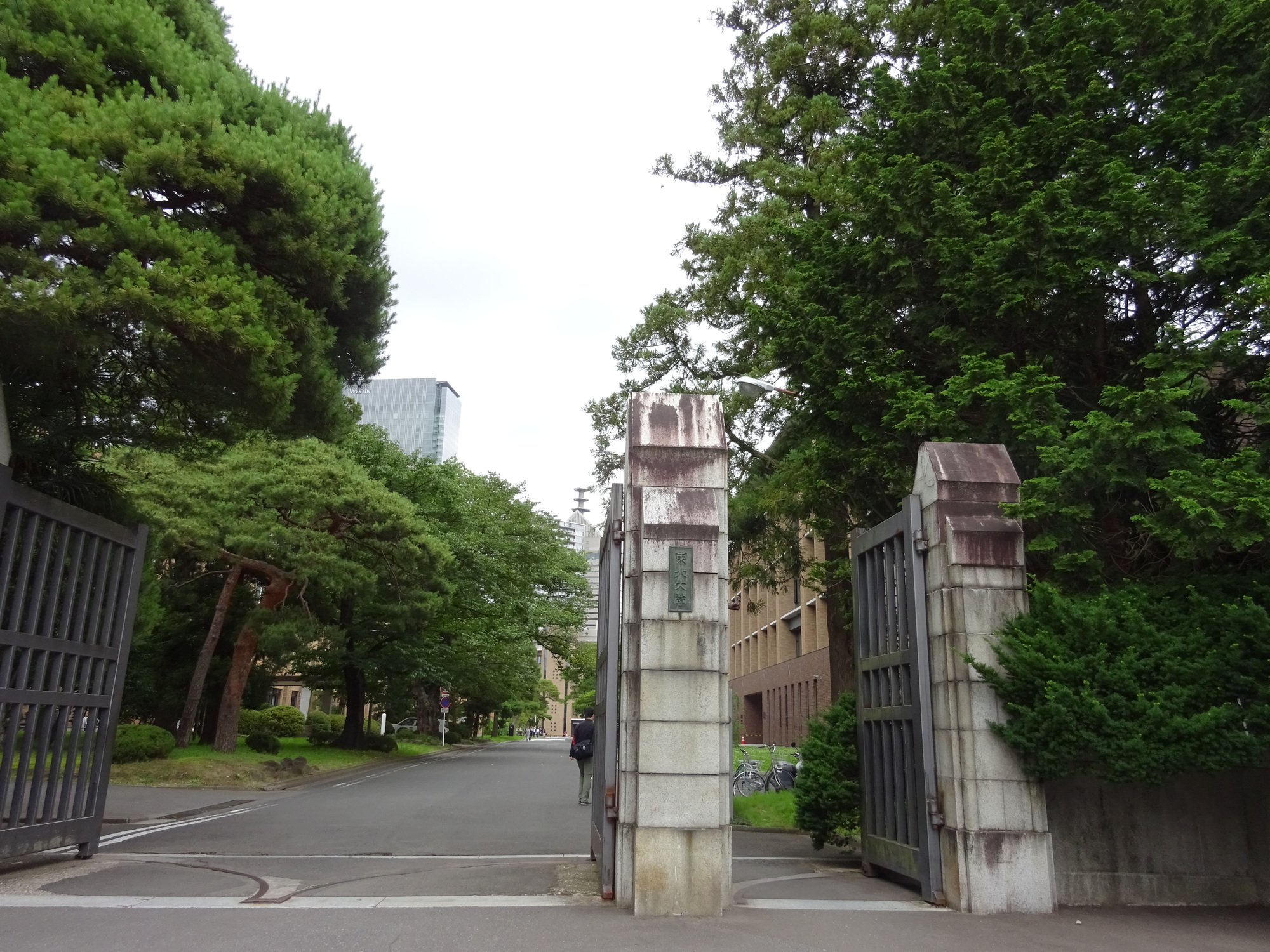A research group at Tohoku University has shown that even low-volume music can significantly interfere with auditory selective attention.
In an environment where various sounds are heard from the surroundings, paying selective attention only to the sounds you want to hear is called auditory selective attention.In this study, what kind of influence can the music stimulus and noise stimulus presented to the right ear have on the task that requires selective attention to press the button as soon as the test sound presented to the left ear is heard? It was investigated.
When the attention-disturbing effect of music stimulus and noise stimulus was investigated using a magnetoencephalogram, the reaction of the cerebral auditory cortex N1m to the test sound was markedly suppressed when music was heard in the right ear, resulting in a decrease in signal amplitude and a decrease in signal amplitude. There was a delay in the time to reaction.Suppression of N1m was observed even when the loudness of the music was audible or inaudible or lowered to near the level.On the other hand, when the noise stimulus was heard, the reaction of the magnetoencephalogram was hardly affected.
Regarding the reaction time of button press, a significant extension of the reaction time was observed in the music presentation.Selective attention to the test sound is dispersed by the music presented to the contralateral ear, and N1m is suppressed, which seems to have a significant negative effect on the response to the test sound.On the other hand, with noise, it was inferred that the ease of attracting attention was different from that of music, and the effect was also different.In this study, jazz piano music was used in the experiment, but the magnitude of the influence may change depending on the characteristics of the music.
This study suggests that "while" work while listening to music or radio may reduce the level of attention to work, even at low levels of volume.Work that requires attention, such as driving a car (driving "while") or studying (studying "while"), may affect work efficiency.In addition, the results of this research are expected to contribute to and contribute to the elucidation of the pathophysiology of hearing disorders related to selective attention such as auditory information processing disorders and the development of test methods.
Paper information:[PLOS ONE] Different contra-sound effects between noise and music stimuli seen in N1m and psychophysical responses

